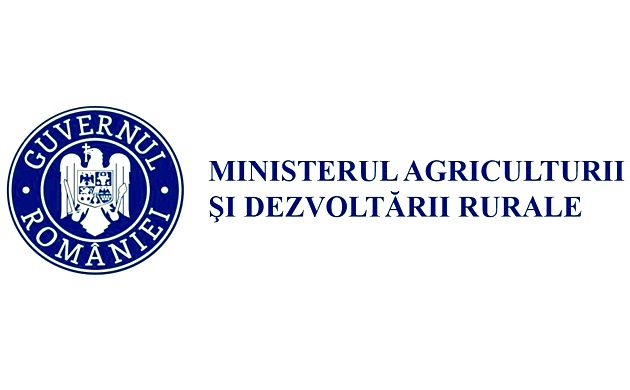496

The transition to renewable energy is becoming a priority for Romania’s agriculture and food industry, in the context of European emission reduction objectives. Regulation (EU) 2021/1119 on climate neutrality by 2050 and the Fit for 55 package impose significant reductions in greenhouse gas emissions.
For farms and factories, the implementation of green energy solutions such as photovoltaic panels, biogas, or heat pumps is supported through European funds. According to the Ministry of Agriculture and Rural Development (MADR), over 500 renewable energy projects were submitted in 2024, with a total value exceeding €600 million.
The World Bank confirms that farms using renewable energy reduce operational costs by 20–30% within the first five years. “Investments in green energy are no longer optional but essential for competitiveness,” stated a MADR consultant. FAO highlights that integrating renewable energy into farms contributes to increased resilience and reduced dependence on fossil fuels.
For Romania, the challenge lies in increasing the absorption rate of funds and training farmers in the use of green technologies. In conclusion, the energy transition represents a major opportunity for the modernization of Romanian agriculture and the food industry.




